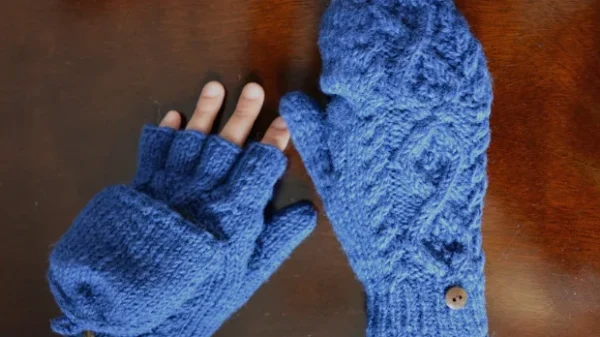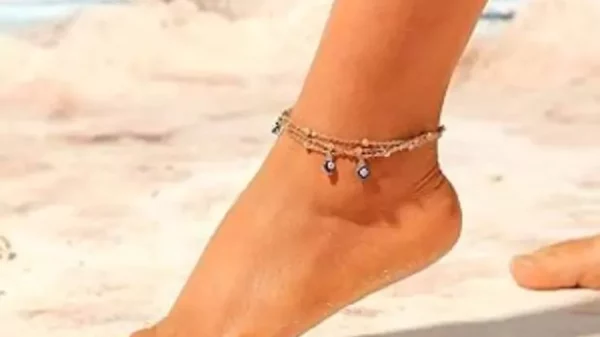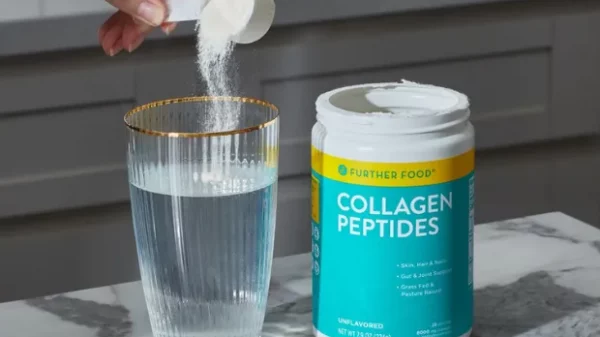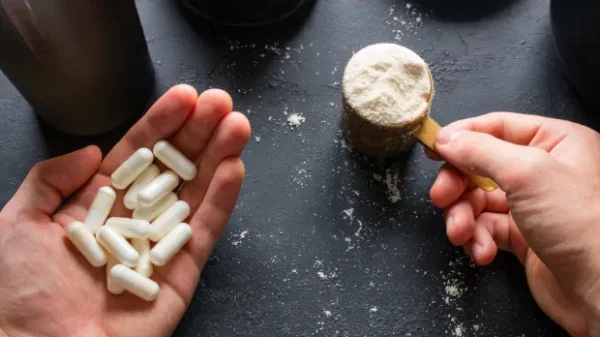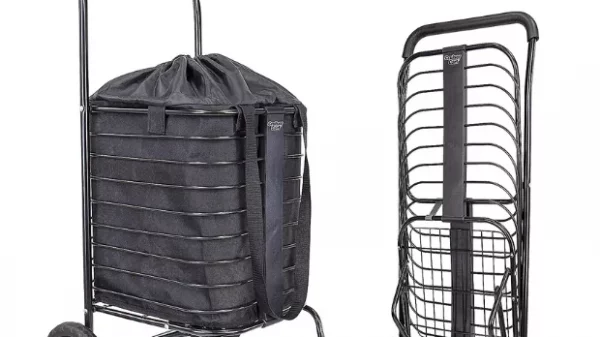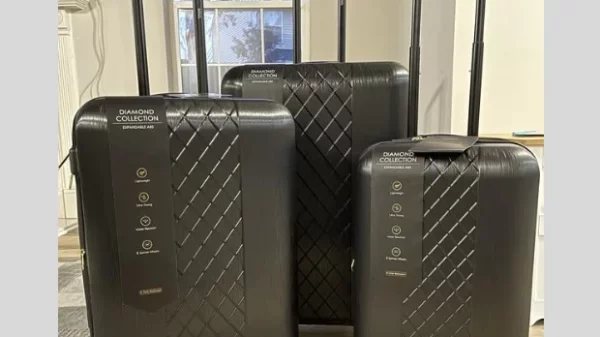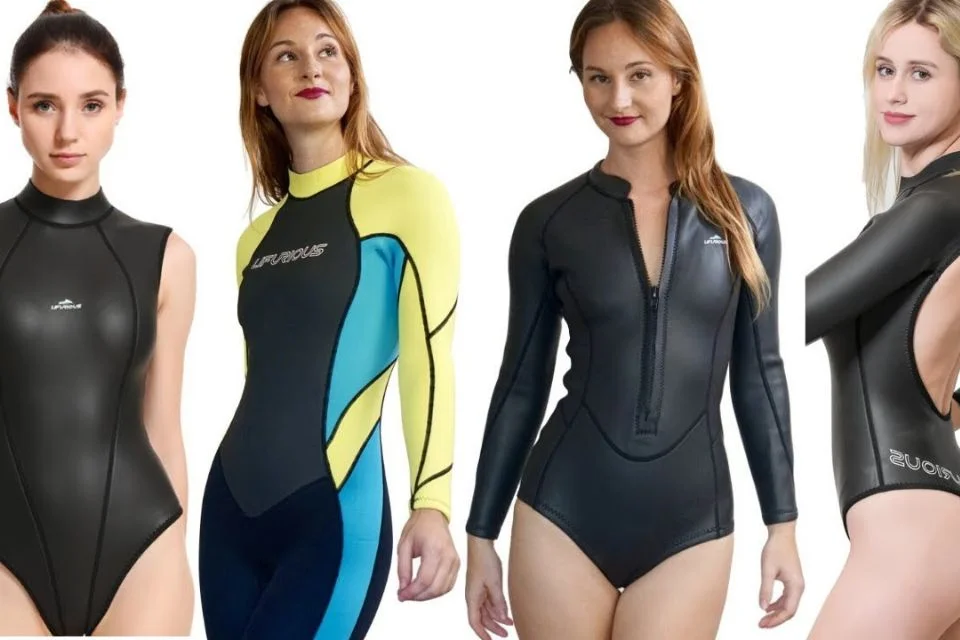The water is calling, but the temperature makes you shiver just thinking about jumping in. Wetsuits are an invaluable part of any diver’s kit, especially in colder climates or during the diving season. The neoprene material used to make wetsuits helps keep your body heat inside so you can stay underwater for longer periods of time in colder conditions. If you’re a new diver looking to explore the world beneath the waves, purchasing a wetsuit is just one of the many new pieces of equipment you’ll need. However, with so many different wetsuit options out there, it can be challenging to know which type would be best for your lifestyle and needs as a diver. This article covers everything you want to know about wetsuits, including what they are and why you need one if you plan on diving anytime soon.
What is a Wetsuit?
A wetsuit is a neoprene suit with a zipper that allows water to enter the suit through the neck and legs. Wetsuits trap water inside the suit to keep your body warm, allowing you to dive in waters that are colder than what you would normally be comfortable with. Wetsuits are made from neoprene, a synthetic rubber that is also used to make scuba diving boots and gloves. Wetsuits are available in open- or closed-heel versions. Open-heel wetsuits feature a flap that wraps around the ankle to keep water from seeping into the suit from inside the boot of the suit. Closed-heel wetsuits have an elastic band at the ankle and calf to seal the water out and keep it from entering the boot.
How to Care for Your Wetsuit
Whether you choose a brand-new or pre-owned wetsuit, it’s important to take good care of it. To ensure your wetsuit lasts as long as possible, follow this care guide:
Before putting on your wetsuit, wash it in warm water with mild detergent. Then, place it on a clean clothesline to dry or hang it inside a clean, well-ventilated area.
Store your wetsuit in a zip-top plastic bag to reduce the amount of dust, dirt, and other contaminants collecting inside.
Don’t store your wetsuit in a hot and humid environment. Doing so can cause mold and mildew to grow inside the suit.
How to Choose a Wetsuit
As you shop for a wetsuit, be sure to consider the following:
Your wetsuit’s thickness will vary depending on the water’s temperature. In warmer waters, you’ll want to choose a thinner suit; for colder waters, look for a thicker option.
The thickness of the neoprene and the type of material used to construct your wetsuit will impact its durability.
The material and thickness of your wetsuit will affect your ease of movement. Thinner wetsuits offer more flexibility than thicker ones.
The style of the wetsuit you choose will largely be based on personal preference.
To ensure the best fit, try on your wetsuit at the end of the season when your body hasn’t fully adjusted to the colder water.
Different Uses for Wetsuits
Wetsuits are commonly used during scuba diving, but there are plenty of other ways you can get some use out of them:
If you’re swimming in a chilly body of water, a wetsuit can help protect your body from the cold. – For a more comfortable experience while kayaking in colder water, you can wear a wetsuit underneath your kayaking gear. – Wetsuits can also be worn while windsurfing in cooler waters. – If you’re looking for a fun way to stay warm during a winter activity, you can don a wetsuit and jump into a few cold water activities.
Diving With a Wetsuit
Divers use wetsuits in a variety of ways, including: – Warming up before a dive: Warming up your muscles before diving is essential as it reduces the risk of getting sea sickness or muscle cramps while underwater. You can also help your body stay warmer while diving in cooler waters by wearing a wetsuit. – Oxygen consumption while diving: Wearing a wetsuit while scuba diving can help reduce your amount of oxygen consumption. This is caused by the extra energy your body requires to stay warm. – Buoyancy: Wearing a wetsuit while scuba diving can make you more buoyant than if you were to dive without one. This helps you stay at the surface of the water while you’re underwater.
Conclusion
A wetsuit is an essential part of a diver’s kit, especially in colder or warmer water. The neoprene material used to make wetsuits helps trap body heat inside the suit, keeping divers warm while they’re underwater. While diving, wetsuits can help reduce your amount of oxygen consumption and allow you to stay warm in cooler waters. However, you may need to layer up underneath certain wetsuits if you’re diving in waters that are warmer. Choosing a wetsuit that fits you well is essential to enjoying your diving experience.






